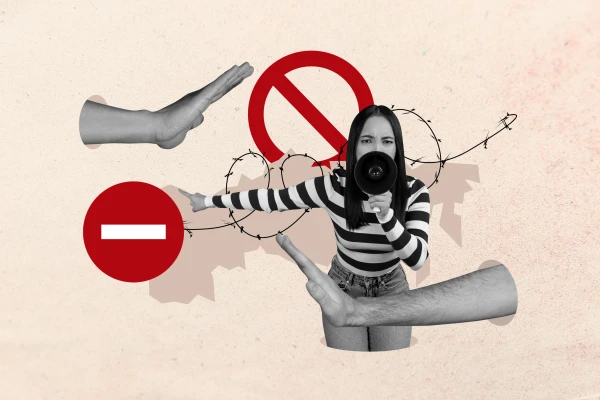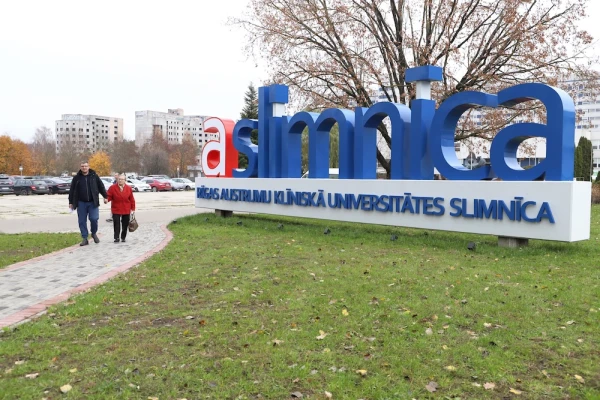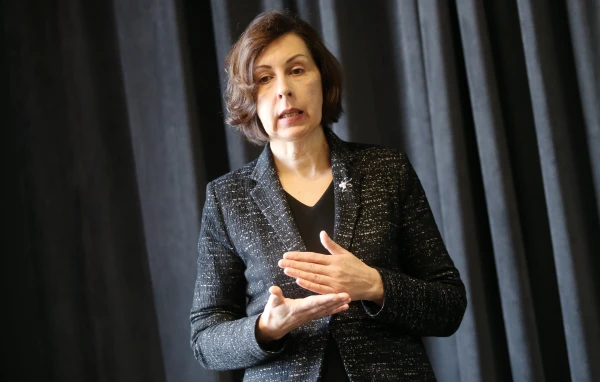
Over the year, the number of residents of Latvia who consider restrictions on freedom of speech acceptable has slightly increased — mainly in cases of intentional dissemination of misinformation or if the published information can cause physical harm or moral suffering, according to a new study on the media literacy of the Latvian population, reports LETA.
Eighty percent of respondents considered restrictions on freedom of speech acceptable — five percentage points more than a year earlier. Twenty percent of those surveyed held the opposite opinion (last year it was 25%). The opinion that freedom of speech should never be restricted was most frequently expressed (in 27% of cases) by young people aged 15 to 25.
Most respondents believe that restricting freedom of speech is acceptable when it comes to the intentional dissemination of misinformation (60%) or publications that can cause physical harm or moral suffering (59%).
Fewer respondents consider restrictions justified when criticizing the church or touching on someone’s religious beliefs (10%), someone’s political views or beliefs (9%), or when criticizing the work of the government or state institutions (4%).
Opinions among survey participants about anonymity and freedom of speech on the internet diverged. Some view it positively — they say that anonymity allows for safe expression on sensitive topics, such as working conditions or experienced violence, without fear of consequences. At the same time, anonymity is also viewed negatively, as anonymous comments often turn into insults, hate speech, and bullying.
Respondents acknowledged that complete anonymity does not exist on the internet, as users can be identified by their IP address. Most believe that anonymity should only be preserved in cases of reporting crimes, corruption, or other sensitive topics, while some believe it is not needed at all.
Social media survey participants mainly remain passive observers — they do not comment at all, and if they do, it is either under their real name or anonymously on news portals.
Overall, respondents consider freedom of speech on the internet important but emphasize that it must be responsible and should not offend others or violate the law.
Most agree that social networks should remove content containing coarse language, calls for violence or hatred, disseminating misinformation, threatening personal safety, or containing pornography. Restrictions on freedom of speech are also acceptable in cases of violating ethical norms or threats to national security.
The study commissioned by the National Council of Electronic Media was conducted by the market and social research agency Latvijas fakti from April to June of this year, surveying 1,537 residents of Latvia aged 15 and older, as well as conducting interviews with 71 participants aged nine and older.















Leave a comment